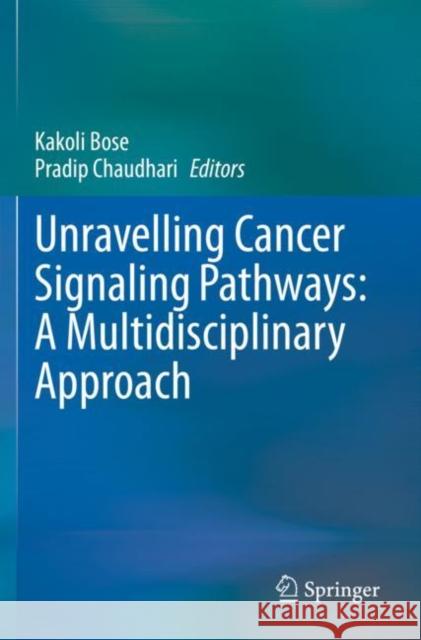Unravelling Cancer Signaling Pathways: A Multidisciplinary Approach » książka
topmenu
Unravelling Cancer Signaling Pathways: A Multidisciplinary Approach
ISBN-13: 9789813298187 / Angielski / Miękka / 2021 / 583 str.
Unravelling Cancer Signaling Pathways: A Multidisciplinary Approach
ISBN-13: 9789813298187 / Angielski / Miękka / 2021 / 583 str.
cena 402,53
(netto: 383,36 VAT: 5%)
Najniższa cena z 30 dni: 385,52
(netto: 383,36 VAT: 5%)
Najniższa cena z 30 dni: 385,52
Termin realizacji zamówienia:
ok. 16-18 dni roboczych.
ok. 16-18 dni roboczych.
Darmowa dostawa!
Kategorie BISAC:
Wydawca:
Springer
Język:
Angielski
ISBN-13:
9789813298187
Rok wydania:
2021
Wydanie:
2019
Ilość stron:
583
Oprawa:
Miękka
Wolumenów:
01











